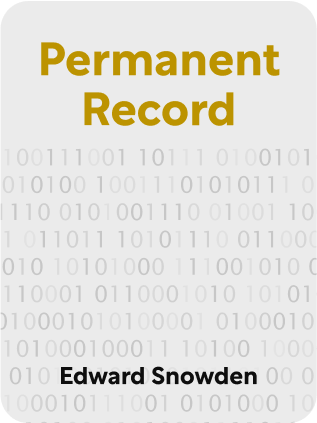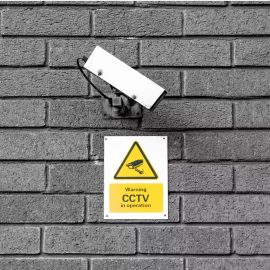

This article is an excerpt from the Shortform summary of "Permanent Record" by Edward Snowden. Shortform has the world's best summaries of books you should be reading.
Like this article? Sign up for a free trial here .
What is Operation STELLAR WIND? How did Edward Snowden discover STELLAR WIND? What were the implications of this program?
STELLAR WIND is a program that was used to carry out mass surveillance, otherwise known as “bulk collection” of information. Used by the NSA, STELLAR WIND was conducting surveillance without a warrant.
Learn more about the NSA, STELLAR WIND, and Snowden’s discovery of mass surveillance.
Ed’s Discovery of STELLAR WIND
Someone saved a draft of a classified report where they shouldn’t have (it normally lived in a compartment of Exceptionally Controlled Information). Ed read it and discovered that the US government was in fact conducting mass surveillance. The report said:
- Warrantless data collection had continued past the PSP’s alleged expiry in 2007.
- A program called STELLAR WIND was carrying out “bulk collection” (a euphemism for mass surveillance).
- The legislation surrounding technology was outdated and the issuing of warrants was too slow and bureaucratic, so bulk collection was necessary.
- The definitions of “acquire” and “obtain,” in a legal sense, were changing. According to the report, data was only “acquired” or “obtained” when someone searched and retrieved that data from the NSA database. Therefore, the actual collection of communications didn’t require any warrant, because it wasn’t considered “acquired” or “obtained” until someone searched for the information. Using these definitions, the NSA could collect data on everyone.
Ed struggled with everything he read in the report as he realized the implications. He had known the NSA’s goal was to keep intelligence forever and he’d even helped build a system that would help them store it.
Because most of the Internet is based in the US or owned by American companies, Operation STELLAR WIND affected nearly everyone in the world.
The NSA, STELLAR WIND, and Mass Surveillance
As usual, Ed wrote scripts to do all his work for him so he could use his time to do whatever he liked, which was to learn more about mass surveillance programs. He wanted to confirm mass surveillance was happening and learn all the technical details on how it was achieved. Ed knew he wouldn’t be able to make a decision on what to do about Operation STELLAR WIND until he understood exactly how everything worked. He wanted to know if the NSA was doing all the surveillance it was capable of doing, and who knew about it and approved it.
Ed Decides to Act
After reviewing the Constitution in 2012, Ed decided he had to act. Ed determined that, as used by the NSA, STELLAR WIND violated the Fourth Amendment. He decided to get in touch with journalists and share the top secret documents that proved the existence of the US’s mass surveillance program and Operation STELLAR WIND . Ed decided he was going to leak the intelligence community’s original documents rather than simply describe STELLAR WIND to the press.
Meeting Journalists in Hong Kong
Ed was in Hong Kong, but the journalists weren’t. He knew Laura Poitras, who already had some documents, was definitely interested in meeting, but she wasn’t coming until she’d convinced Glenn Greenwald to come too. This was very stressful for Ed—if the NSA figured out what Ed was up to before he could share his documents, the world would never find out about STELLAR WIND.

———End of Preview———
Like what you just read? Read the rest of the world's best summary of Edward Snowden's "Permanent Record" at Shortform .
Here's what you'll find in our full Permanent Record summary :
- What Ed Snowden discovered that caused him to completely lose faith in the government
- How Snowden led the bombshell reports of US mass surveillance
- How Snowden is coping with his treatment as both patriot and traitor






